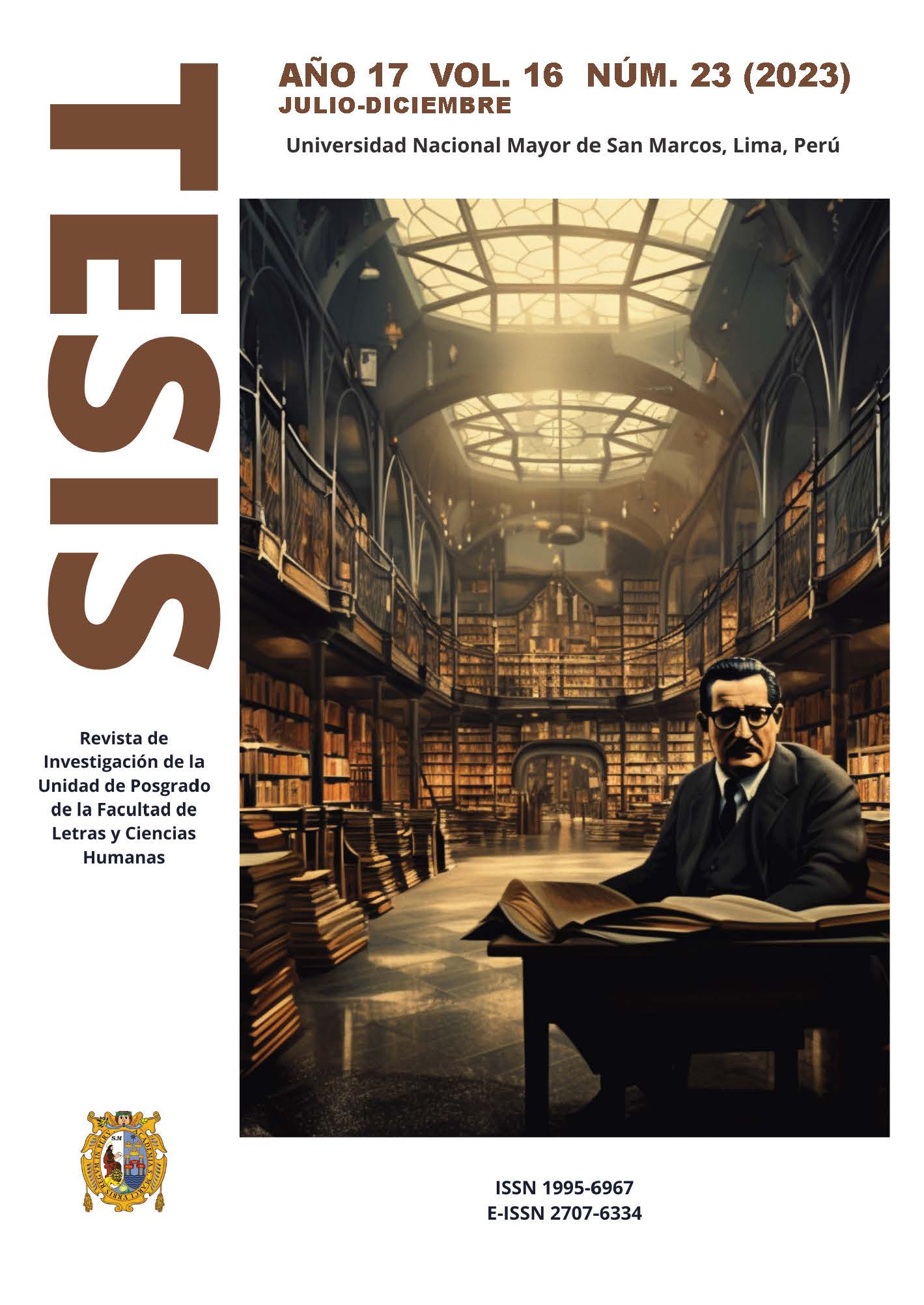Ontological Aspects of Functional Contextualism: An Epistemological Assessment
DOI:
https://doi.org/10.15381/7tpzxr63Keywords:
functional contextualism, pragmatism, a-ontological position, realism, antirealismAbstract
Functional Contextualism (FC) constitutes the philosophy that supports the so-called Contextual Behaviorism within the framework of study of psychology. One of the current controversies refers to its position within the realism/ anti-realism debate, where it assumes an agnostic or a-ontological position, which qualifies as null and void to answer the question about the existence of an observer-independent reality according to its pragmatist commitment. Its critics argue that this constitutes an anti-realist argument and that it is contradictory to behaviorism in general. The objective will be to present the reasons that justify presenting the a-ontological position as anti-realist and to demonstrate that this does not present a contradiction with a pragmatist conception of contextual behaviorism. The analysis of arguments and interpretation of texts is used as a methodology. The analysis throws up the possibility of an anti-realist position within the CF considering the conceptual use and the behavior of the scientist himself.
References
Barnes-Holmes, D. y Roche, B. (1994). Mechanistic ontology and contextualistic epistemology: A contradiction within behavior analysis. Behavior Analyst, 17, 165-168.
Barnes-Holmes, D. y Roche, B. (1997). A behavior-analytic approach to behavioral reflexivity. The Psychological Record, 47, 543-572
Barnes-Holmes, D. (2000). Behavior pragmatist: no place for reality and truth. The Behavior Analyst, 23(2), 191-202
Barnes-Holmes, D. (2005). Behavioral pragmatist is a-ontological, not antirealist: A reply to Tonneau. Behavior and Philosophy, 33, 67-79.
Borge, B. (2015). Conociendo la estructura del mundo. El realismo estructural en el marco del debate realismo vs. antirrealismo científico. Teseopress.
Dewey, J. (2010 [2000]). La miseria de la epistemología. Ensayos de pragmatismo. Biblioteca Nueva.
Dicken, P. (2016). A critical introduction to scientific realism. Bloomsbury.
Diéguez, A. (1998). Realismo científico. Una introducción al debate actual en la filosofía de la ciencia. Universidad de Málaga.
Gifford, E. V. y Hayes, S. C. (1999). Functional contextualism: A pragmatic philosophy for behavioral science. En W. O’Donohue y R. Kitchener (eds.), Handbook of behaviorism (pp. 285-327). Academic Press.
Hayes, S. C. (1998). Understanding and treating the theoretical emaciation of behavior therapy. The Behavior Therapist, 21, 67-68.
Hayes, S. C. (1997). Behavioral epistemology includes non-verbal knowing. En S. C. Hayes (ed.), The act in context. The canonical papers of Steven C. Hayes (pp. 117- 126). Routledge.
Laudan, L. (1981). A confutation of convergent realism. Philosophy of Science, 48(1), 19-49.
Mizrahi, M. (2020). The relativity of theory. Key positions and arguments in the contemporary scientific realism/antirealism debate. Springer.
Perdomo, I. y Sánchez, J. (2003). Hacia un nuevo empirismo. Biblioteca Nueva.
Skinner, B. F. (1974). About behaviorism. Alfred A. Knopf.
Tonneau, F. (2005a). Antirealist arguments in behavior analysis. Behavior and Philosophy, 33, 55-65.
Tonneau, F. (2005b). Behavior analysis, common sense and logic: Reply to Barnes-Holmes. Behavior and Philosophy, 33, 81-84.
Van Fraassen, B. C. (1996 [1980]). La imagen científica. Paidós.
Wray, B. K. (2018). Resisting scientific realism. Cambridge University Press.
Downloads
Published
Issue
Section
License
Copyright (c) 2024 Juan Francisco Vegas Rocha

This work is licensed under a Creative Commons Attribution 4.0 International License.
THE AUTHORS RETAIN THEIR RIGHTS:
(a) The authors retain their trademark and patent rights, and also on any process or procedure described in the article.
(b) The authors retain the right to share, copy, distribute, execute and publicly communicate the article published in Tesis (Lima) (in example, depositing the article in an institutional repository or publish it in a book), with recognition of its initial publication in the Tesis (Lima).
(c) The authors retain the right to make a later publication of their work, to use the article or any part of it (for example: a compilation of their works, notes for conferences, thesis, or for a book), provided that they indicate the source of publication (authors of the work, magazine, volume, number and date).






